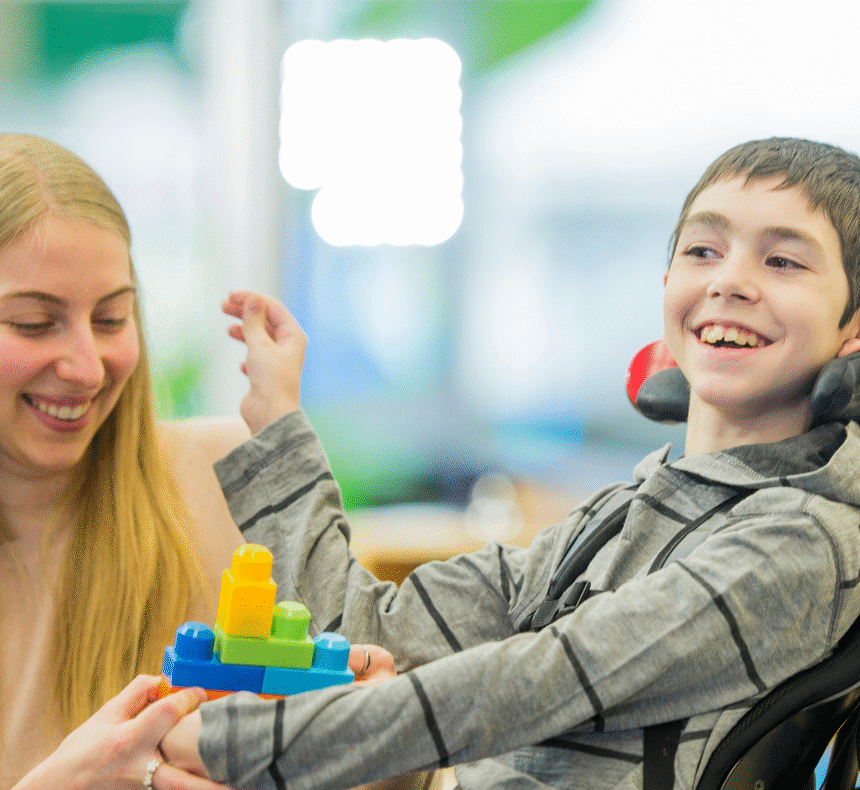Vitality Healthcare Services Limited
Children with emotional and behavioural challenges often struggle to manage feelings like anger, fear, or frustration. In specialist residential care settings, helping children learn emotional regulation is a core part of therapeutic support.
Emotional regulation refers to the ability to understand and manage one’s emotions in healthy ways. For children who’ve experienced trauma or neglect, this skill doesn’t come naturally. Instead, they may react impulsively, withdraw, or become aggressive when overwhelmed.
In a residential care environment, caregivers have a unique opportunity to model and teach emotional regulation every day. This begins with establishing a calm, predictable environment. When children know what to expect, they feel safer and more in control.
Next is helping children identify and name their emotions. Tools like feelings charts, visual aids, or storytelling can help younger children make sense of what they feel. Older children might benefit from journaling, peer discussions, or therapeutic conversations.
Crucially, caregivers must remain regulated themselves. A calm adult can help co-regulate a distressed child by speaking softly, using body language that shows openness, and offering choices rather than commands. These moments of co-regulation are teaching opportunities—helping children learn that they can feel big emotions without being overwhelmed by them.
Structured activities like yoga, art, play, and outdoor time also support regulation. These not only reduce stress but help children channel their energy into positive outlets. Celebrating small wins—like calming down after a trigger or using words instead of aggression—builds confidence.
Over time, children begin to internalise these strategies. They learn to pause, reflect, and respond rather than react. This skill is life-changing. It improves peer relationships, supports learning, and increases the likelihood of successful reintegration into family or school settings.
Supporting emotional regulation is not a quick fix—it’s a gradual, consistent process. But with patience and compassion, residential care teams can help children gain the tools they need to manage emotions and build a brighter future.

